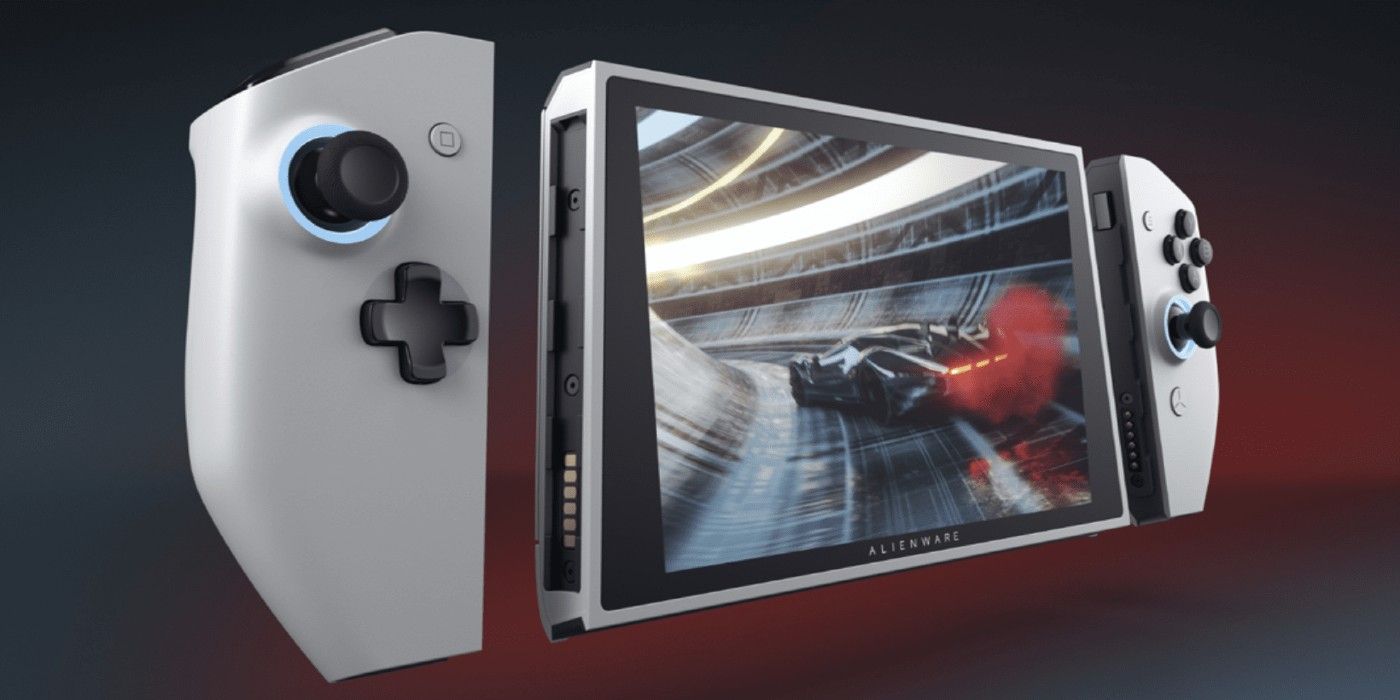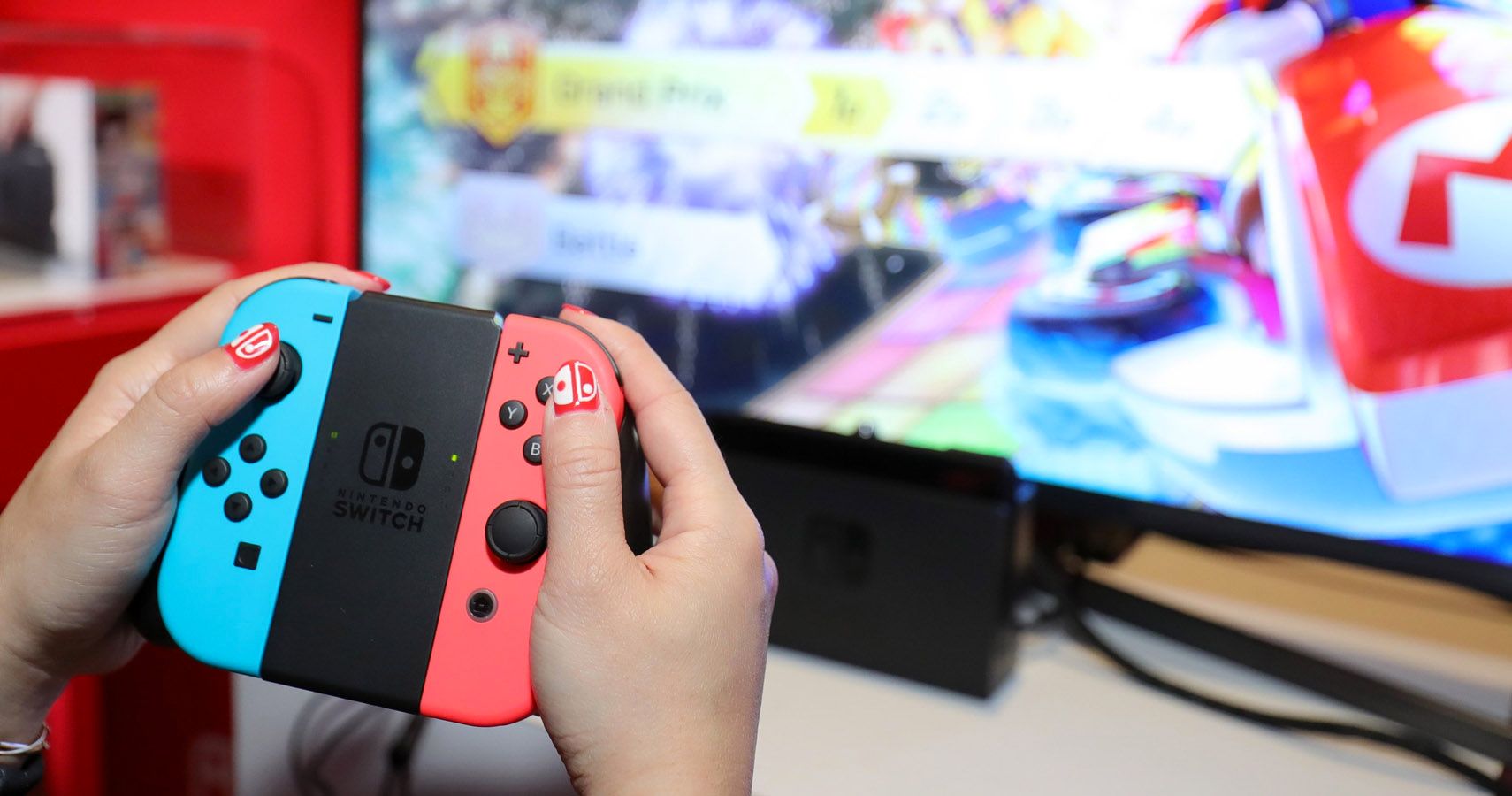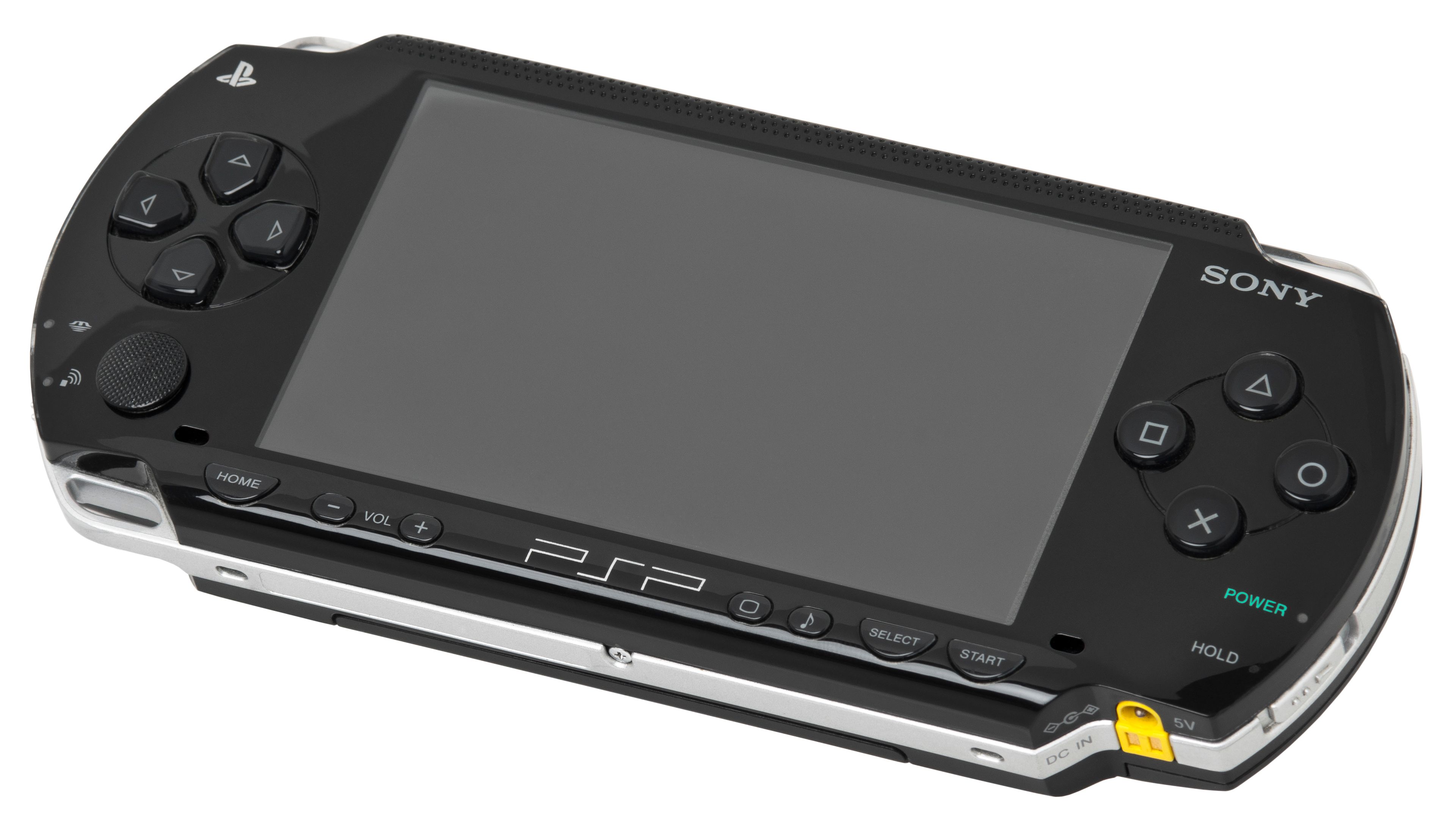The state of portable gaming is a bit complex, as devices like the various ones running iOS and Android are sustaining a multi-billion dollar corner of the market. The companies behind those devices, Apple and Google, are some of the only companies to have a major foothold in that market meaning there is no real opportunity for other companies to jump in.
On the other side of the portable gaming market is Nintendo, the only gaming company to consistently develop successful handheld gaming devices, and most recently, the Switch. The types of devices that gaming companies make for portable gaming, like the Switch and PS Vita, differ from mobile mostly in terms of power. Though phones are becoming more and more powerful each year, those types of devices are not built to focus on gaming as a priority which limits the amount of console-level games that are compatible with the platform. Sony and Nintendo were not the first companies to make portable gaming devices but are certainly not the last ones either.
Alienware showed off its Concept UFO device at CES 2020 and is being most commonly compared to the Nintendo Switch for clear reasons. The UFO is a portable gaming device with a 1200p screen compared to the Switch’s 720p screen, and a pair of detachable side controllers much like the Switch's Joy-Cons. The key difference is that Nintendo has never been shy about its intentions in creating any of its consoles and has always focused on making its machines, and games, fun and accessible.
On the contrary, Alienware (a subsidiary of Dell) is a popular PC gaming brand that markets itself as the ultimate site to buy powerful gaming PCs from. The Concept UFO is actually just a portable PC, with all of the functionality of Windows 10 pre-built into the gaming device. Users can even use other PC apps, such as Microsoft Word and the like, on the device. Though the edges of the device are more angled than the Switch, the Concept UFO still mostly resembles it, especially when taking into consideration all the other features of the device.
One can think of the Concept UFO as just a Switch version of a gaming PC, as it can be played both portably and docked, much like Nintendo’s hit console hybrid. While the Concept UFO is docked, it outputs to a TV or monitor via HDMI. On top of that, the detachable controllers only differ from the Switch’s Joy-Cons, in this mode, in that the Concept UFO’s controllers must be connected to what the company calls a “bridge,” which is basically akin to the controller grip that comes with the Switch.
The user can then play with a controller and TV as if they were playing on a console, which is the whole selling point of the original Switch (the Switch Lite cannot be docked to a TV or have its Joy-Cons detach from the unit). There are many key similarities and differences between the Switch and Concept UFO, mainly in terms of power but the biggest challenge lying ahead for Alienware is selling the device to begin with.
As previously mentioned, it has been notoriously difficult for companies to break into portable gaming. During the 2000s, and later in the 2010s, at a time when two of the big three console companies (Sony and Nintendo) were busy on the side with portable devices like the PSP and DS, Microsoft repeatedly ignored every opportunity to jump in on the portable race. Microsoft most likely put R&D resources into testing portable gaming but clearly nothing ever came to fruition.
One reason behind Microsoft’s reluctance could be the fact that, even though Sony managed to sell over 80 million PSPs, the latter years of the device saw a rapid decline in software sales, a fact somewhat commonly attributed to the rampant PSP piracy scene. When Sony attempted to try again with the launch of the PS Vita in 2012, it arguably failed, only selling through over 10 million units of the device in its lifetime. With a consistent line of hugely successful handheld consoles and games, Nintendo really is the only company that figured out the portable gaming market.
In chronological order, the Game Boy and its iterations sold over 118 million units, the Game Boy Advance over 81 million, the Nintendo DS over 154 million, the 3DS over 75 million, and the Switch at over 40 million units and counting. If there was any company for Alienware to follow for its attempt at portable gaming, it made the right choice in choosing Nintendo. And it'll be interesting to see what that spells for the future of portable gaming.



